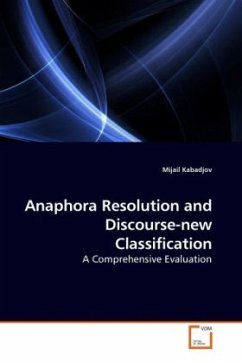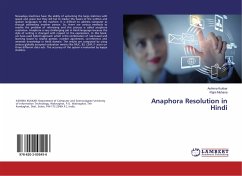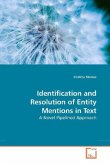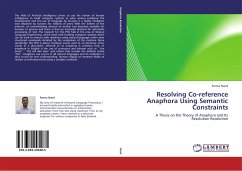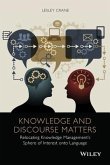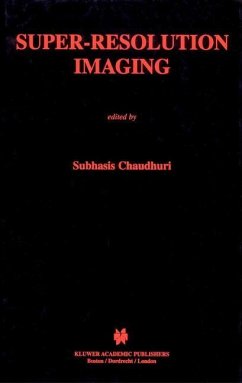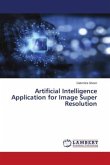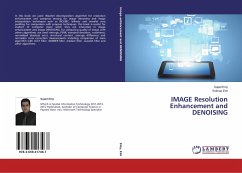In the age of the Internet and Electronic mail the need for processing and assimilating vast amounts of on-line information in order to support decision making, business competitiveness, new educational paradigms, etc., has made the field of Natural Language Processing (NLP) one of the fastest growing and consequently, related application areas like Information Extraction (IE) and Text Summarisation have attracted a lot of research in recent years. One area, generally viewed as a branch of IE, that has enjoyed increased interest and attracted much attention is that of Anaphora Resolution (AR). The work presented here investigates two main research questions: the more general question of whether using a general anaphoric resolver in real end-goal applications brings tangible benefits for the applications; and a more specific one, whether discourse-new detectors are useful for improving the performance of AR and whether this improvement is significant enough to warrant their development and use in AR systems. The book may be of interest to researchers or software engineers working in the area of NLP and looking into incorporating higher-level semantic information into their systems.

